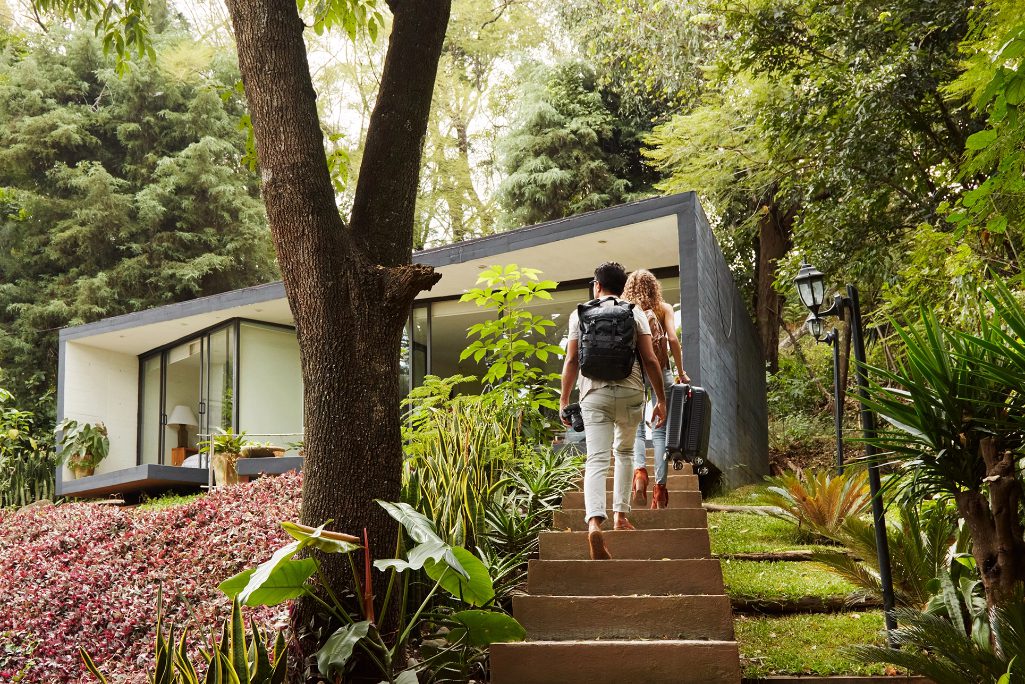Airbnb's Distribution Strength Could Pressure Online Travel Giants and Woo Hotels

Skift Take
The typical Airbnb review talks up a rental's charms while overlooking vital information. The company's stock prospectus similarly skips some key details for understanding its business. But we can still infer a few things about the distribution dynamo.
Airbnb's stock market prospectus has offered a window into its distribution power. But the company may have to act strategically to avoid having its distribution power watered down over time.
"Airbnb is more than just a distribution channel," said the San Francisco-based startup in the paperwork it filed on Monday for a planned initial public offering. But Airbnb's numbers highlighted that its key profit generating power is as a distribution platform for property rentals, its main inventory.
Airbnb has a global reach as a distributor. In 2019, 63 percent of its revenue came from listings outside of the U.S. That made it more global as a share of revenue than Expedia Group, which only generated 43 percent of its $12 billion in revenue last year from outside the U.S.
Airbnb has so far avoided outsourcing most of its work as a middleman, keeping its costs down. But the company is expanding from serving leisure and self-managed business travelers to serving the luxury and corporate travel sectors. Along the way, it may have to work closely with other distributors. That may drive up its costs.
On the demand side, Airbnb has impressive brand recognition, which drives a lot of low-cost direct bookings.
When it has to spend money on paid performance ads on Google and other brand promotion, it gets a better-than-average return on its investment. As Skift noted, "In 2019, every dollar Airbnb spent on brand and performance marketing yielded $33 in gross bookings; At Expedia Group that figure was $21, for Booking Holdings $19." In 2019, only 23 percent of Airbnb's traffic came from paid performance marketing channels, mainly Google. Booking Holdings has said about half its customers come direct, sug

